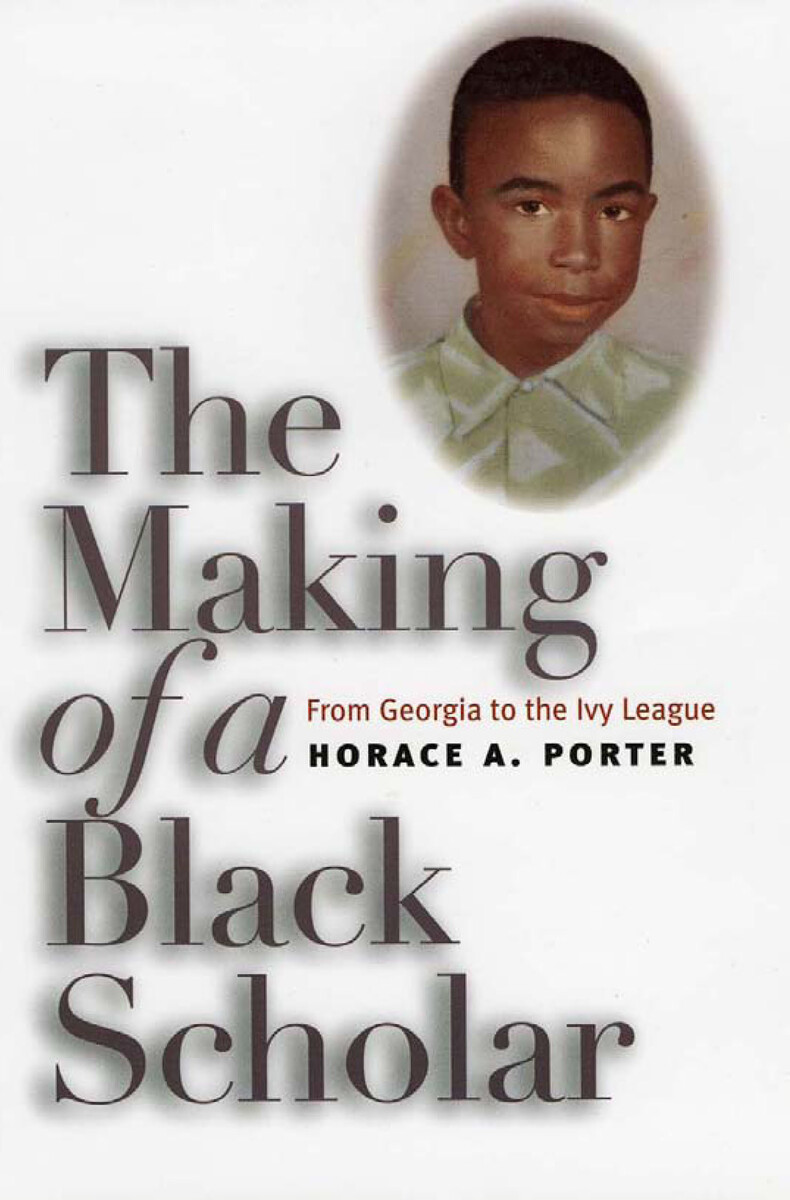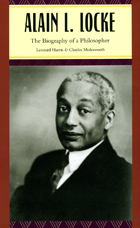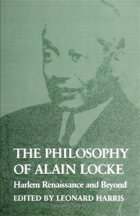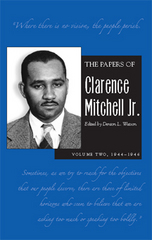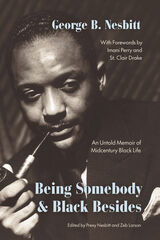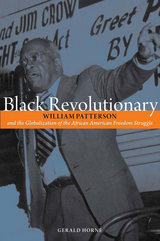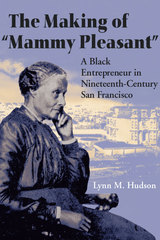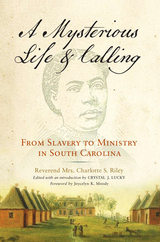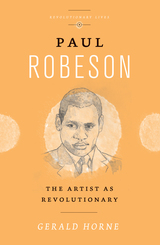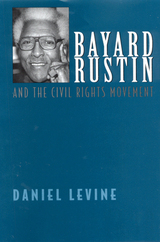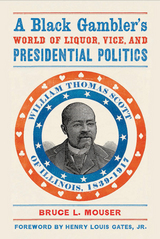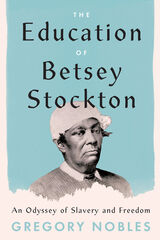The Making of a Black Scholar: From Georgia to the Ivy League
University of Iowa Press, 2003
Cloth: 978-0-87745-835-7 | Paper: 978-1-58729-390-0 | eISBN: 978-1-58729-437-2
Library of Congress Classification E185.97.P67M35 2003
Dewey Decimal Classification 973.04960730092
Cloth: 978-0-87745-835-7 | Paper: 978-1-58729-390-0 | eISBN: 978-1-58729-437-2
Library of Congress Classification E185.97.P67M35 2003
Dewey Decimal Classification 973.04960730092
ABOUT THIS BOOK | AUTHOR BIOGRAPHY | REVIEWS | TOC | REQUEST ACCESSIBLE FILE
ABOUT THIS BOOK
This captivating and illuminating book is a memoir of a young black man moving from rural Georgia to life as a student and teacher in the Ivy League as well as a history of the changes in American education that developed in response to the civil rights movement, the war in Vietnam, and affirmative action. Born in 1950, Horace Porter starts out in rural Georgia in a house that has neither electricity nor running water. In 1968, he leaves his home in Columbus, Georgia—thanks to an academic scholarship to Amherst College—and lands in an upper-class, mainly white world. Focusing on such experiences in his American education, Porter's story is both unique and representative of his time.
The Making of a Black Scholar is structured around schools. Porter attends Georgia's segregated black schools until he enters the privileged world of Amherst College. He graduates (spending one semester at Morehouse College) and moves on to graduate study at Yale. He starts his teaching career at Detroit's Wayne State University and spends the 1980s at Dartmouth College and the 1990s at Stanford University.
The Making of a Black Scholar is structured around schools. Porter attends Georgia's segregated black schools until he enters the privileged world of Amherst College. He graduates (spending one semester at Morehouse College) and moves on to graduate study at Yale. He starts his teaching career at Detroit's Wayne State University and spends the 1980s at Dartmouth College and the 1990s at Stanford University.
Porter writes about working to establish the first black studies program at Amherst, the challenges of graduate study at Yale, the infamous Dartmouth Review, and his meetings with such writers and scholars as Ralph Ellison, Tillie Olsen, James Baldwin, and Henry Louis Gates, Jr. He ends by reflecting on an unforeseen move to the University of Iowa, which he ties into a return to the values of his childhood on a Georgia farm. In his success and the fulfillment of his academic aspirations, Porter represents an era, a generation, of possibility and achievement.
See other books on: 1950- | Childhood and youth | Cultural & Regional | Education (Higher) | Georgia
See other titles from University of Iowa Press
